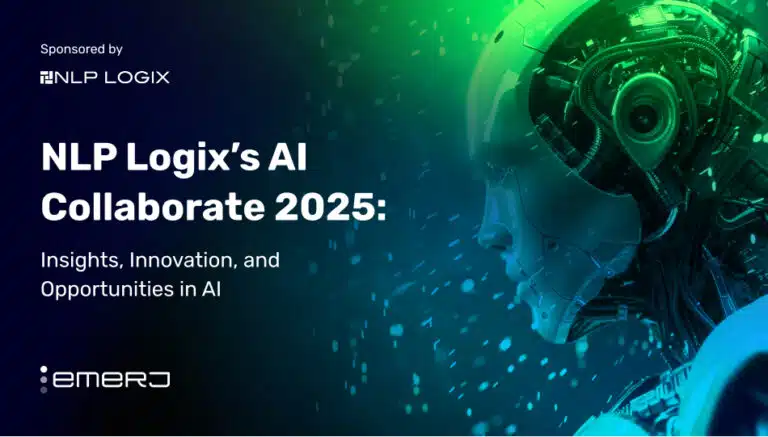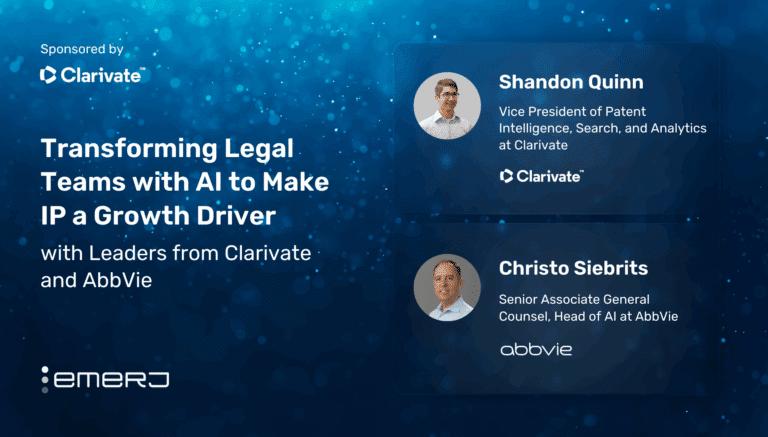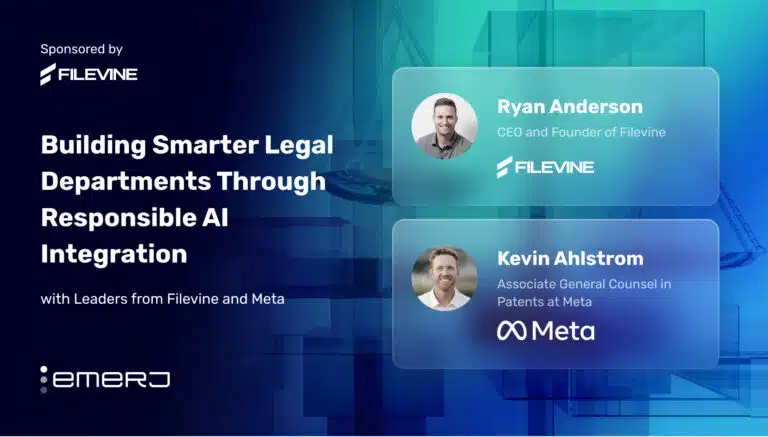Artificial Intelligence at Roche Diagnostics
Roche Diagnostics is one of the two main divisions of parent company F. Hoffman-La Roche AG, a Swiss multinational healthcare company…


Read the Emerj team’s latest coverage on AI use-cases and trends in banking.
Roche Diagnostics is one of the two main divisions of parent company F. Hoffman-La Roche AG, a Swiss multinational healthcare company…

This article is sponsored by Crisp and was written, edited, and published in alignment with our Emerj sponsored content guidelines. Learn…

This article is sponsored by NLP Logix and was written, edited, and published in alignment with our Emerj sponsored content guidelines.…

In healthcare, patient data is the foundation of diagnosis, treatment, and trust. With digital health systems and AI tools becoming central…

Enterprises across industries are facing mounting pressure to modernize their infrastructure as AI becomes central to operational strategy. Yet most organizations…

This interview analysis is sponsored by Clarivate and was written, edited, and published in alignment with our Emerj sponsored content guidelines.…

This interview analysis is sponsored by Filevine and was written, edited, and published in alignment with our Emerj sponsored content guidelines.…
